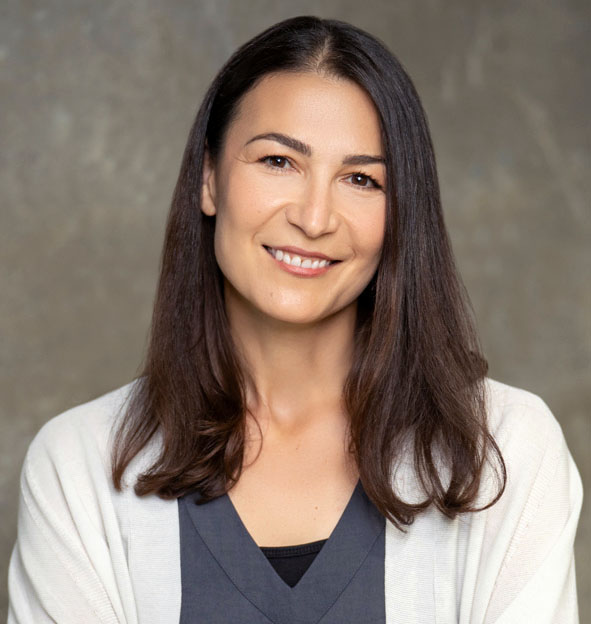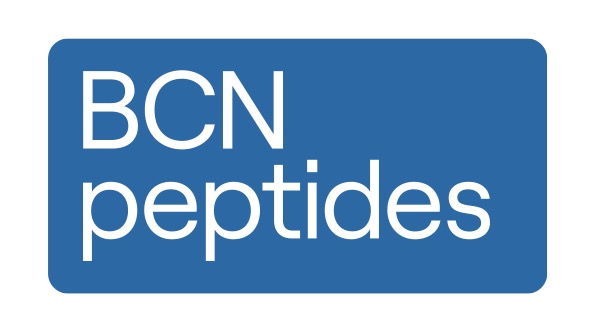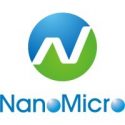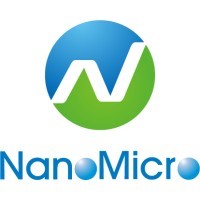Early Registration Deadline Extended!
Discounted registration rates are available through Thursday, July 27th. Register Now, to take advantage of this offer before it expires.
Pharma $ 750 (early) / $1080 (regular)
Startup $ 550 (early) / $660 (regular)
Academic/Non-profit $350 (early)/ $480 (regular)
Student/Post-doc/Retiree $150 (early)/ $200 (regular)
Vendor/Peptide Manufacturer $1800 (early and regular)
Live 4-day event: September 18-21, 2023, Napa Valley Marriott, Napa, CA
In addition to the lectures, workshops, and panel discussion, the registration fee includes breakfasts (3), lunches (4), a Welcome Reception, Poster Reception, and the Gala Dinner.










